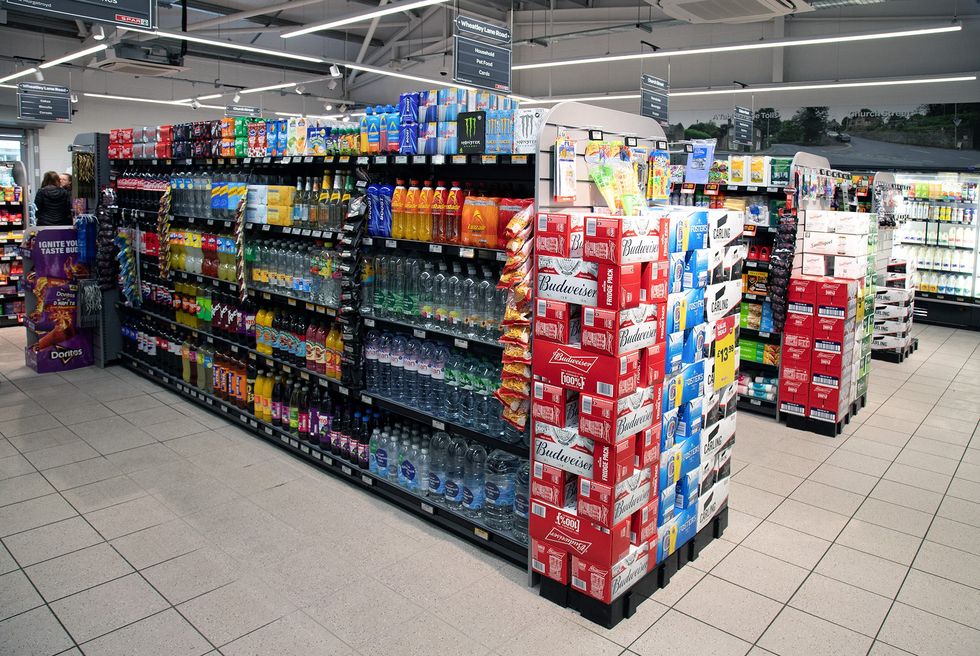Representatives from across Scottish retail have written a joint letter to the Scottish Government’s Minister for Community Safety, Siobhian Brown, highlighting the devastating impact that the surge in retail crime is having on staff wellbeing and business.
The letter provides four separate reports, carried out by the Scottish Grocers Federation, Retailers Against Crime and Co-op and is co-signed by the likes of the Scottish Retail Consortium. Representing retail businesses on high streets the length and breadth of Scotland.
Details include the damaging effects of threatening abuse and violent behaviour toward staff and the cumulative cost of shop theft and vandalism for Scottish business – estimated to be in the hundreds of millions of pounds.
“Over the past eighteen months, retailers have been forced to contend with a disturbing escalation in both the volume and seriousness of incidents happening in stores, and it is only getting worse," said SGF Chief Exec, Dr Pete Cheema OBE.
“People’s lives and their livelihoods are now at risk. That is why we need immediate action from the Scottish Government. There isn’t a moment to lose.

“The police and our justice system are hugely overstretched, and many of the offenders and criminal groups think they can get away with anything they like, without consequence. But no one should be forced to come into work and put up with stock disappearing off shelves, anti-social behaviour and even armed threats or violence.”
Maxine Fraser, Managing Director for Retailers Against Crime, added: “Along with multiple thefts being submitted from our members every day, we also receive reports of deeply distressing incidents. Staff being clawed and spat at, raids by organised gangs and intoxicated individuals wielding knives and other weapons. Often threatening to seriously injure or even kill staff.
“The impact on the mental health and wellbeing of shop workers is also felt by their families and the wider community. Not to mention the loss of income for businesses, damaging viability and increasing costs for customers.
“We need to see much more from the Scottish Government, more dedicated resources for the police and action taken by our courts, as well as early intervention and education programmes to turn people away from committing these crimes.”













![From hurdle to hustle: Convenience retailers outlook on 2025 [Exclusive]](https://www.asiantrader.biz/media-library/image.jpg?id=56043539&width=600&height=449)






 SPAR Barrowford reopensJames Hall & Co
SPAR Barrowford reopensJames Hall & Co